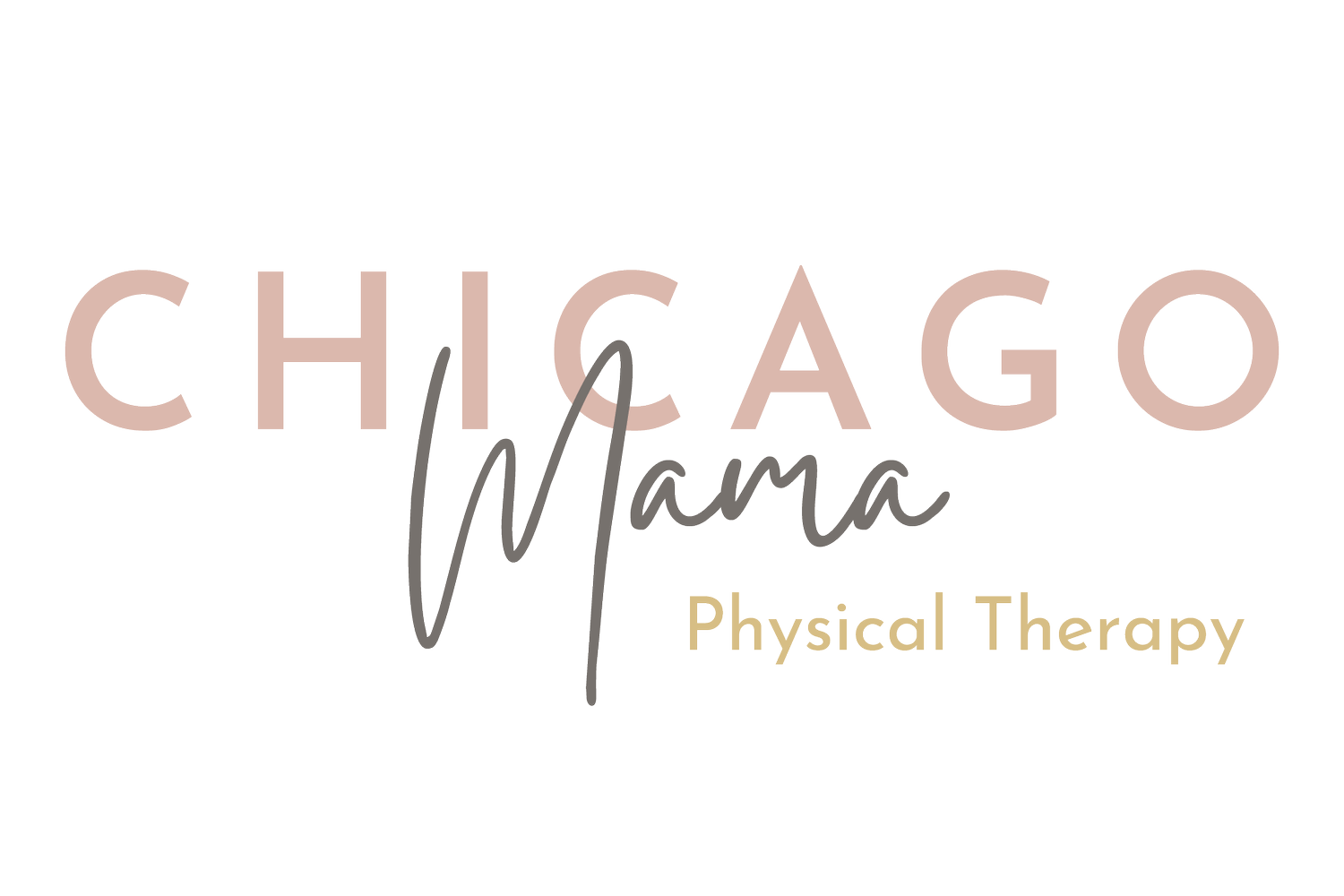What is Pelvic Floor Physical Therapy?
Pelvic floor physical therapy (PFPT) is a specialized form of physical therapy that focuses on strengthening, relaxing, and retraining the muscles of the pelvic floor. These muscles support vital functions like bladder and bowel control, sexual health, and core stability. When they become too weak, too tight, or uncoordinated, it can lead to discomfort, pain, and dysfunction in daily life.
Who Can Benefit from Pelvic Floor PT?
Pelvic floor physical therapy isn’t just for postpartum women—people of all ages and genders can benefit! Some common conditions treated include:
Urinary Issues – Urinary leakage (incontinence), urgency, or frequent urination
Pelvic Pain – Pain in the lower abdomen, hips, or tailbone
Postpartum Recovery – Healing from childbirth, diastasis recti, or C-section recovery
Bowel Dysfunction – Constipation, fecal incontinence, or difficulty emptying
Pelvic Organ Prolapse – Support for pelvic organs shifting downward
Pain with Intercourse – Dyspareunia, vaginismus, or erectile dysfunction
What to Expect in a Pelvic Floor PT Session
Your first visit will typically include a thorough evaluation of your medical history, posture, movement patterns, and pelvic floor function. A therapist may assess internal and external pelvic muscles (with consent) to determine any imbalances. Treatment may include:
Manual Therapy – Hands-on techniques to release tight muscles or improve circulation
Exercise & Strengthening – Core and pelvic floor exercises to restore function
Biofeedback – Real-time monitoring to improve muscle control
Lifestyle & Postural Adjustments – Guidance on habits that support pelvic health
Why Pelvic Floor PT Matters
Many people suffer in silence with pelvic health issues, thinking they’re a normal part of aging, postpartum recovery, or life changes. The truth is, these conditions are treatable! Pelvic floor therapy can help restore confidence, comfort, and overall well-being.
If you're experiencing any pelvic health concerns, consider reaching out to a pelvic floor physical therapist to explore your options. Your body deserves care, and you don’t have to live with discomfort.
